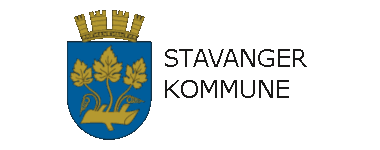Description
Proposed by members of the UK’s Policy and Evidence Centre for the Creative Industries (PEC), led by Nesta, the aim of this session is to draw together and help build a community of researchers at the interface of three different areas of research: creative industry clusters, innovation – especially in the creative industries – and policy interventions intended to support innovation and growth in the creative industries.
The creative industries, and creative industry clusters, have received considerable attention in recent years. It is well known that creative industries are highly clustered, especially in the largest, most cosmopolitan cities (e.g., Nesta’s Creative Nation report, 2018). It is also known that the creative industries are highly innovative, although less is known about how they innovate, and questions also arise about the appropriate measures of innovation. Less is also known about whether and how policy makers can effectively support creative industry clusters.
We will therefore make, and seek from others, contributions to this session that are related to understanding the formation and dynamics of creative industry clusters/clustering. Studies of the emergence of new clusters and the demise of existing clusters are particularly welcome, as are studies that examine how clusters change over time. We are also interested in how innovation is understood and measured in the creative industries, and the extent to which spatial proximity enhances, or hinders, innovation in creative industries. Policy questions also arise, and contributions to policy related debates are encouraged. Should, for example, policy makers encourage the further development of ‘hot spots’ – that is thriving existing clusters (and if so how), or should they focus more on ‘cold spots’ which are places where the creative industries are currently (severely) under-represented (and if so how).
Note, that we consider the “creative industries” to include the following (as defined by the UK’s Department for Media, Culture and Sport): Advertising and marketing; Architecture; Crafts; Design; Film, TV and radio; IT and related services; Publishing; Museums and galleries; Music and the arts).






